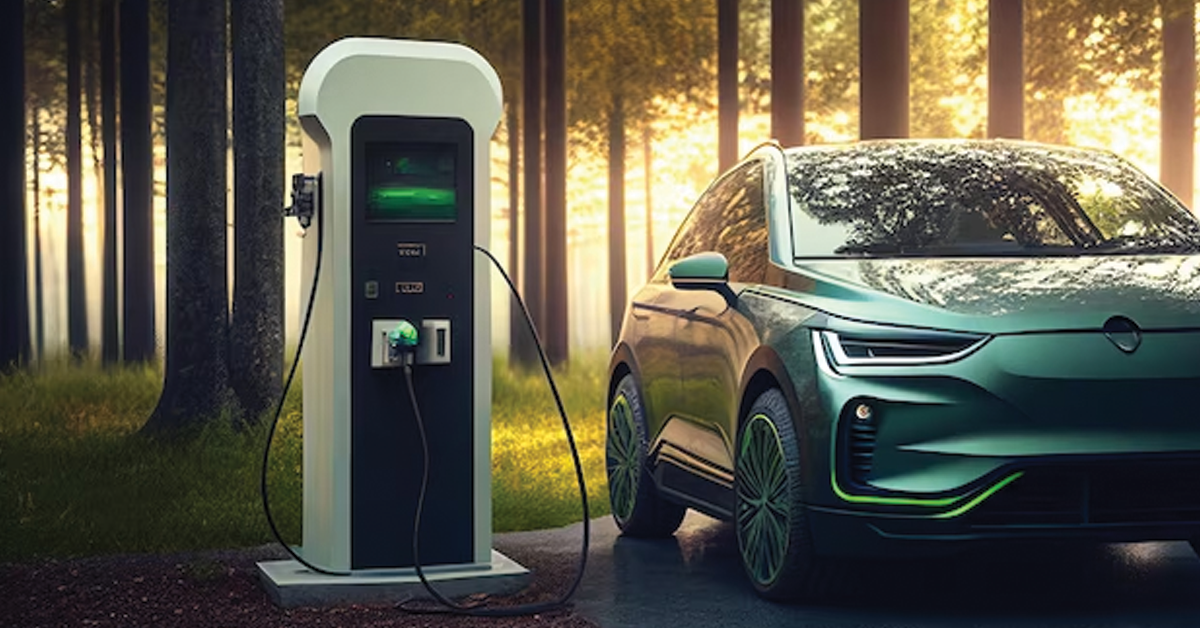As the world grapples with the urgent need to combat climate change, countries like India face mounting pressure to reduce their greenhouse gas emissions. In this context, adopting electric vehicles (EVs) presents a promising solution to curb pollution and mitigate the environmental impact of transportation. By transitioning from traditional internal combustion engine vehicles to electric alternatives, India has the potential to significantly reduce its carbon footprint and pave the way for a cleaner, greener future.
One of the most compelling ways EVs can reduce greenhouse gas emissions in India is by decreasing reliance on fossil fuels for transportation. Currently, the transportation sector is a significant contributor to air pollution and carbon emissions in the country, with gasoline and diesel vehicles accounting for a substantial portion of this pollution. By switching to electric cars, which run on electricity rather than gasoline or diesel, India can reduce its dependence on fossil fuels and significantly lower its carbon emissions.
Moreover, India’s steadfast commitment to increasing the share of renewable energy in its electricity generation presents a golden opportunity to further reduce emissions from electric vehicles. As the country continues to pour investments into renewable energy sources such as solar and wind power, the carbon intensity of the electricity used to charge EVs will decrease. This virtuous cycle means that EVs will become even cleaner over time as the grid becomes increasingly powered by renewable energy.
Another key benefit of electric vehicles is their energy efficiency compared to traditional internal combustion engines. EVs are inherently more efficient at converting energy into motion, lowering energy consumption and emissions per kilometre travelled. Additionally, advancements in battery technology and vehicle design are further improving the efficiency and range of electric vehicles, making them a practical and sustainable alternative for Indian consumers.
Furthermore, the widespread adoption of electric vehicles has the potential to not just reduce emissions but also drive innovation and investment in India’s automotive industry. As the demand for EVs surges, manufacturers will be spurred to develop and produce more efficient, affordable, and technologically advanced electric vehicles. This not only opens up new avenues for job growth and economic development but also positions India as a global frontrunner in the transition to electric mobility.
In conclusion, electric vehicles hold immense potential to reduce greenhouse gas emissions in India and mitigate the impacts of climate change. By transitioning to electric vehicles powered by renewable energy, India can significantly decrease its carbon footprint, improve air quality, and build a more sustainable transportation system for future generations. With the right policies, investments, and incentives, electric vehicles can drive India toward a cleaner, greener, and more prosperous future.
I would love to hear from you on your thoughts on this blog please write to me at https://www.linkedin.com/in/vijayverghis/
